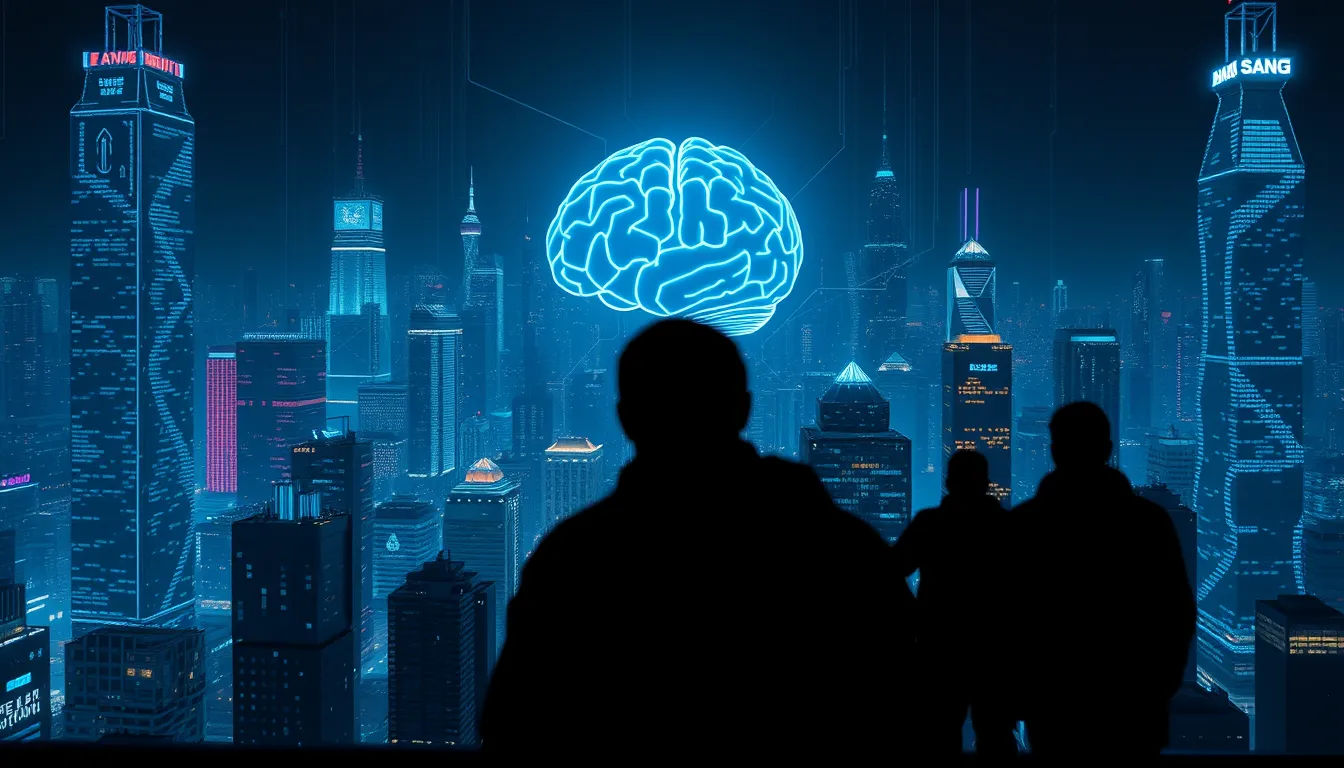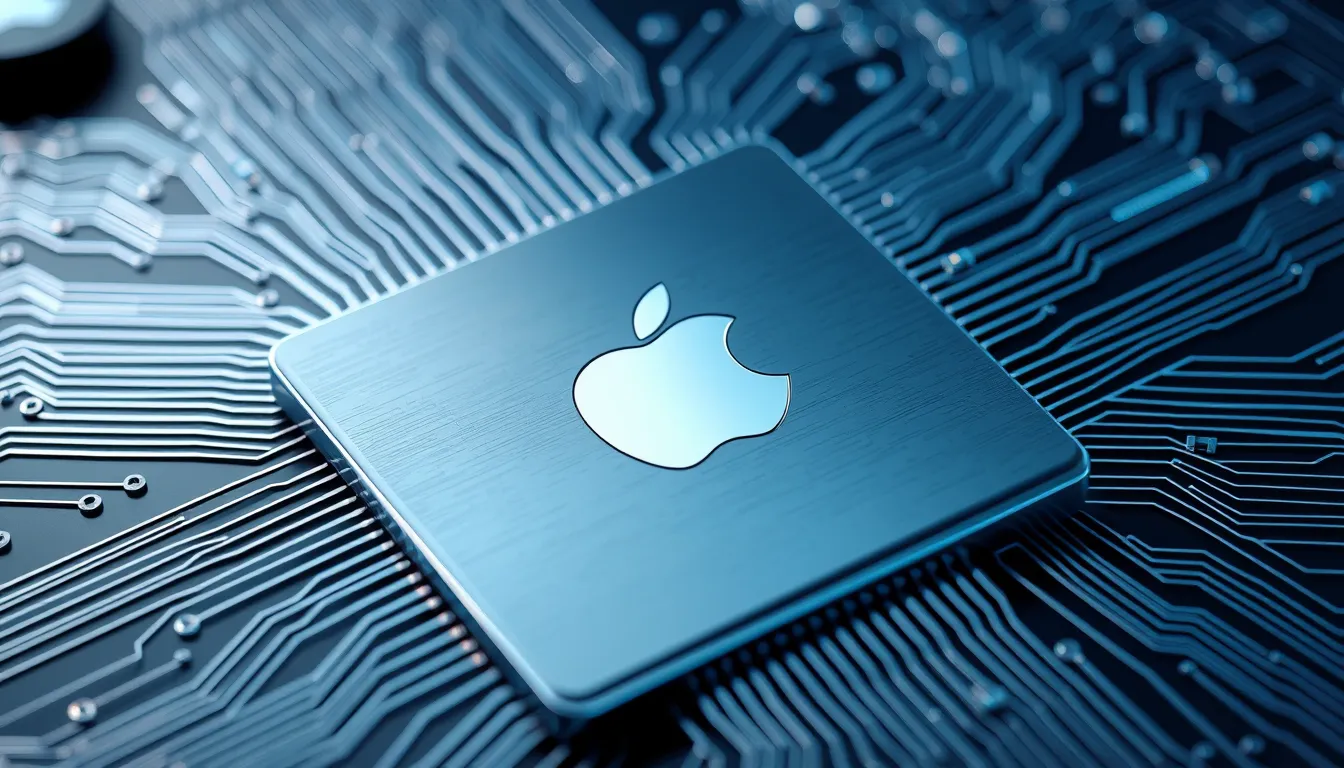Now Reading: Powerful AI in Healthcare Diagnostics: Boosting Patient Care
-
01
Powerful AI in Healthcare Diagnostics: Boosting Patient Care
Powerful AI in Healthcare Diagnostics: Boosting Patient Care

Powerful AI in Healthcare Diagnostics: Boosting Patient Care
Artificial Intelligence (AI) in healthcare diagnostics is transforming the medical field by enhancing diagnostic accuracy and revolutionizing patient outcomes. In recent years, AI technology has evolved, enabling healthcare professionals to integrate cutting-edge techniques into everyday clinical practice. This innovation not only increases the speed and precision of diagnoses but also offers significant improvements in predictive medicine and disease management.
How AI in Healthcare Diagnostics Works
AI in healthcare diagnostics utilizes complex algorithms to analyze vast amounts of medical data. The process involves:
- Data Collection: Patient records, imaging, and lab results are consolidated into comprehensive datasets.
- Machine Learning: Advanced algorithms learn from historical data to predict disease patterns.
- Diagnostic Assistance: AI provides recommendations to clinicians, ensuring a second opinion that supports medical decisions.
These steps enable faster diagnoses and help detect diseases like cancer, cardiovascular issues, and neurological disorders in their early stages. The outcome is improved treatment options, increased cost efficiency, and enhanced patient care overall.
The Impact of AI on Diagnostic Accuracy
Integrating AI into healthcare diagnostics has led to remarkable improvements. Studies show that the use of AI in analyzing medical images such as X-rays, MRIs, and CT scans substantially reduces human errors. Moreover, AI-powered systems can manage large-scale data analysis, leading to early detection of life-threatening conditions. Key benefits include:
- Enhanced Accuracy: AI algorithms consistently provide accurate readings when analyzing imaging and test results.
- Faster Turnaround: Automated systems speed up the diagnostic process, allowing healthcare providers to make quicker decisions.
- Cost Reduction: By facilitating early detection, AI in healthcare diagnostics reduces long-term treatment costs.
How AI Improves Diagnostic Accuracy
One of the most compelling advantages of AI in healthcare diagnostics is its ability to learn and improve over time. With continuous data input and analysis, AI systems refine their accuracy and efficiency. This cycle of improvement benefits both patients and medical professionals by providing:
- Predictive Analytics: AI integration supports predictive models, which forecast health risks by analyzing trends and patterns in patient data.
- Personalized Treatment Plans: AI tools help tailor treatments to individual patient needs, enhancing the effectiveness of prescribed therapies.
- Better Resource Management: Automated diagnostics free up valuable time, allowing clinicians to focus on complex cases that require human expertise.
A Case Study: AI Disease Prediction
Consider a hospital that integrated an AI-powered diagnostic tool into its radiology department. Within months, the hospital noted a significant decrease in diagnostic processing time and an improvement in the accuracy of disease detection. The AI system, by scanning thousands of images daily and benchmarking them with historical data, provided insights that led to early interventions, particularly in detecting lung cancer and cardiac issues.
Challenges and Future Prospects
Despite the notable benefits, integrating AI in healthcare diagnostics comes with challenges. Data privacy, system reliability, and integration with existing hospital software are significant hurdles. However, continuous advancements in technology and regulatory support are addressing these issues.
Healthcare providers are increasingly investing in AI research, ensuring that systems become more robust, transparent, and user-friendly. Future developments anticipated include:
- Enhanced Interoperability: Seamless integration with electronic health records (EHRs) and biomedical databases.
- Advanced Predictive Models: More precise forecasting of disease outbreaks and health trends.
- Broader Adoption: As technology matures, even smaller clinics will be able to leverage AI-powered diagnostics.
Conclusion
AI in healthcare diagnostics is at the forefront of a revolution in medical care. Its ability to analyze vast amounts of data quickly and accurately is not only reshaping disease detection but also paving the way for personalized and predictive medicine. By overcoming current challenges and continuously improving, AI is set to become an indispensable tool in modern healthcare.
For further reading on AI innovations in medical imaging and diagnostics, consider resources such as the American Medical Association or visit the National Institutes of Health. These sources provide in-depth information and are excellent references for understanding the evolving landscape of healthcare technology.
In summary, the integration of AI in healthcare diagnostics marks a significant leap forward for the medical field. With its robust mechanisms for improving accuracy and efficiency, AI is empowering clinicians and improving patient outcomes. The future of healthcare diagnostics lies in embracing these technological advancements to enhance overall patient care and to drive forward the next generation of medical innovation.

























